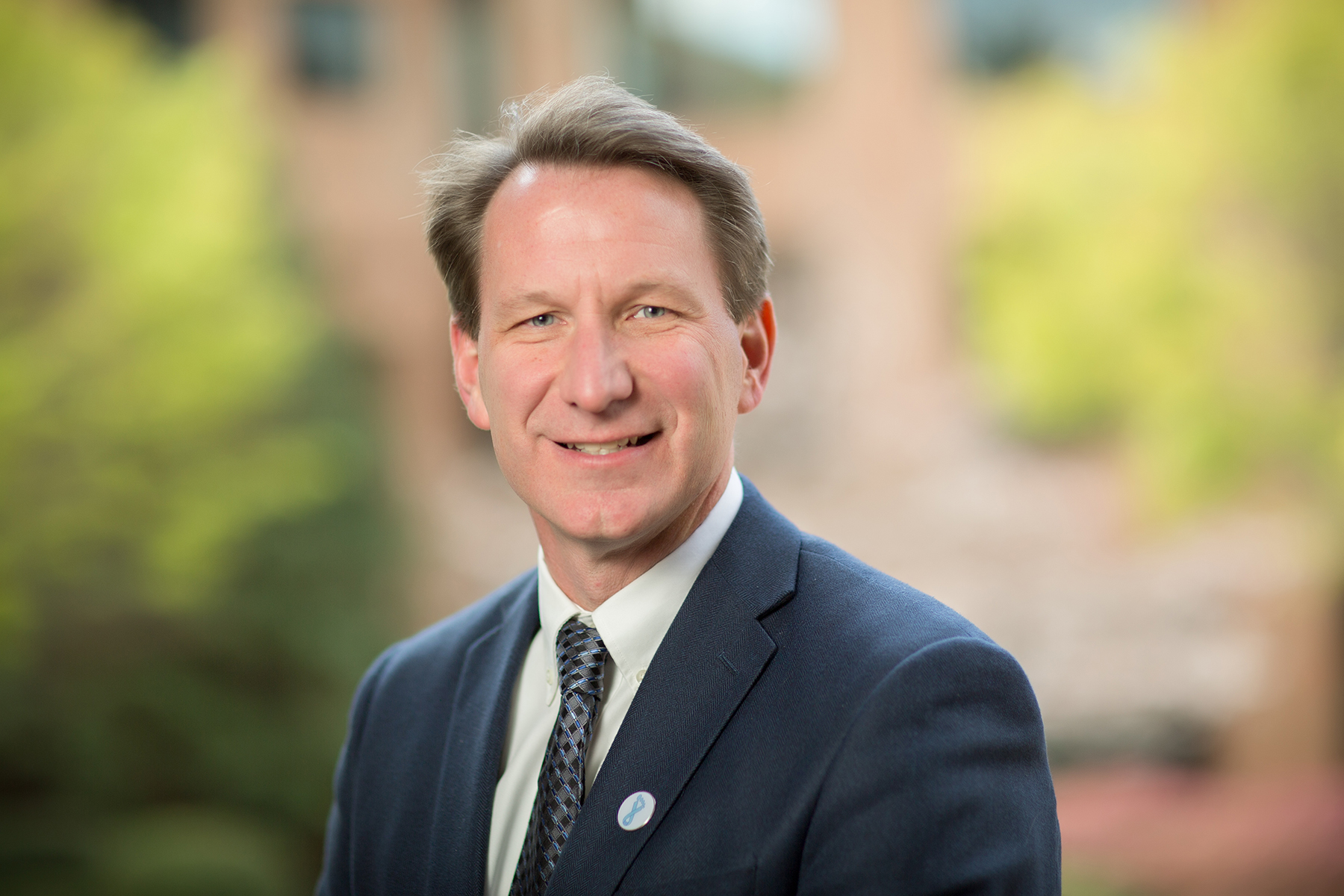
UNC School of Medicine’s Norman E. “Ned” Sharpless, MD, professor of medicine, cancer policy and innovation and UNC Lineberger Comprehensive Cancer Center member, was elected to the National Academy of Medicine. A highly regarded cancer researcher, Sharpless was recognized for his significant contributions to help advance the understanding of cellular aging, circular RNAs and the cell cycle.
Sharpless becomes the seventh UNC Lineberger member to earn the distinction. There are 18 current faculty members from UNC-Chapel Hill that are academy members.
Sharpless served as director of the National Cancer Institute from October, 2017-April, 2022. He was appointed acting director of the U.S. Food and Drug Administration in 2019. Before that appointment, Sharpless was the director of UNC Lineberger from January, 2014-June, 2017.
Sharpless is internationally recognized for his research into how normal cells age and undergo malignant conversion. His lab has extensively studied the interaction and regulation of the p16INK4a tumor suppressor and the proliferative CDK4/6 kinases in aging and cancer.
“Election to the National Academy of Medicine is a wonderful and well-deserved honor for Ned,” said UNC Lineberger’s Director Shelley Earp, MD. “His research is stellar and is changing the practice of cancer medicine. But what distinguishes Ned has been his compassionate care of cancer patients and their families, something he continued while serving North Carolina and the nation. His decisions and policies at the NCI and the FDA always reflected his oncologist’s perspective and his humanity.”
A native of Greensboro, N.C., Sharpless was a Morehead-Cain Scholar at UNC-Chapel Hill, where he earned his undergraduate degree in mathematics (with distinction) and his medical degree (with honors and distinction) from the UNC School of Medicine. He completed his residency training at Massachusetts General Hospital and his clinical and research fellowship in hematology and oncology at Dana-Farber/Partners Cancer Care in Boston. He returned to Chapel Hill to accept a UNC Lineberger faculty appointment in 2002.
Election to the Academy of Medicine is considered one of the highest honors in the fields of health and medicine and recognizes individuals who have demonstrated outstanding professional achievement and commitment to service. New members are elected by current members through a process that recognizes individuals who have made major contributions to the advancement of the medical sciences, health care and public health.
“This extraordinary class of new members is comprised of exceptional scholars and leaders who have been at the forefront of responding to serious public health challenges, combating social inequities and achieving innovative discoveries,” said National Academy of Medicine President Victor J. Dzau, MD. “Their expertise will be vital to informing the future of health and medicine for the benefit of us all. I am truly honored to welcome these esteemed individuals to the National Academy of Medicine.”
About the the National Academy of Medicine
Established originally as the Institute of Medicine in 1970 by the National Academy of Sciences, the National Academy of Medicine addresses critical issues in health, science, medicine and related policy and inspires positive actions across sectors. NAM works alongside the National Academy of Sciences and National Academy of Engineering to provide independent, objective analysis and advice to the nation and conduct other activities to solve complex problems and inform public policy decisions. The National Academies of Sciences, Engineering and Medicine also encourage education and research, recognize outstanding contributions to knowledge, and increase public understanding of science, technology, engineering, math, medicine. With their election, NAM members make a commitment to volunteer their service in National Academies activities.
